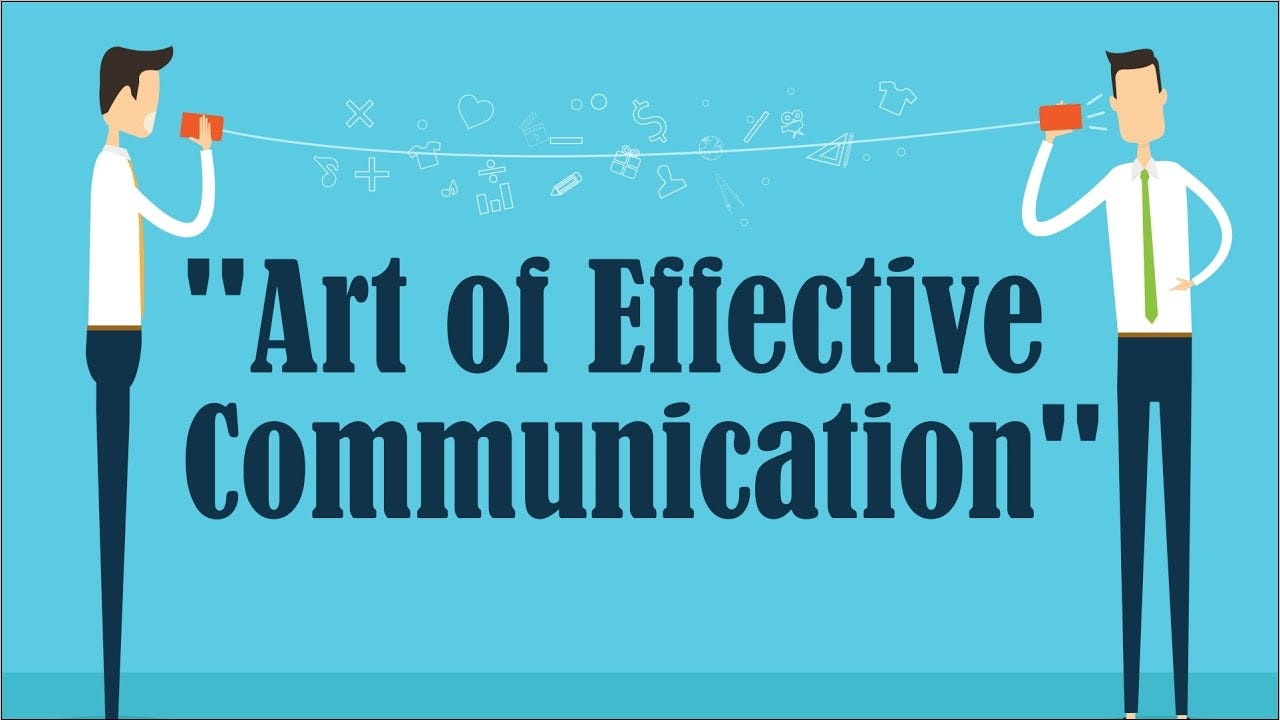Art of Effective Communication
Art of Effective Communication The Art of Effective Communication is a skill that plays a crucial role in every aspect of life, from personal relationships to professional success. It is the ability to convey information, ideas, and emotions in a …
Overview
Art of Effective Communication
The Art of Effective Communication is a skill that plays a crucial role in every aspect of life, from personal relationships to professional success. It is the ability to convey information, ideas, and emotions in a clear, concise, and compelling manner, while also being an active and empathetic listener.
One of the fundamental principles of effective communication is clarity. It involves expressing thoughts and ideas in a way that is easy to understand, avoiding jargon or complex language that may lead to confusion. A well-articulated message helps to eliminate misunderstandings and ensures that the intended meaning is conveyed accurately.
Another important aspect of effective communication is active listening. It means giving full attention to the person speaking, understanding their perspective, and responding appropriately. Active listening involves not only hearing the words spoken but also paying attention to the tone, body language, and emotions behind the message.
Empathy is a key ingredient in effective communication. It is the ability to put oneself in the shoes of others, understanding their feelings, thoughts, and concerns. Empathetic communication fosters trust and builds stronger connections with others.
Non-verbal communication, such as facial expressions, gestures, and eye contact, also plays a significant role in effective communication. These cues can reinforce the spoken words or provide additional insights into the speaker’s emotions and intentions.
Adaptability is vital in communication, especially in diverse settings where individuals may have different cultural backgrounds or communication styles. Being able to adjust one’s communication approach to accommodate others’ preferences ensures that the message is well-received and understood.
Conflict resolution is another aspect of effective communication. It involves the skill of addressing disagreements or differences of opinion in a constructive and respectful manner. Active listening, empathy, and open-mindedness are crucial in resolving conflicts and finding common ground.
In professional settings, effective communication is essential for team collaboration, project management, and leadership. It improves productivity, reduces misunderstandings, and fosters a positive work environment.
In conclusion, the art of effective communication is a multifaceted skill that requires constant practice and refinement. By mastering this skill, individuals can build stronger relationships, navigate through challenges more effectively, and achieve success in their personal and professional lives.
Curriculum
- 1 Section
- 1 Lesson
- 1 Hour






